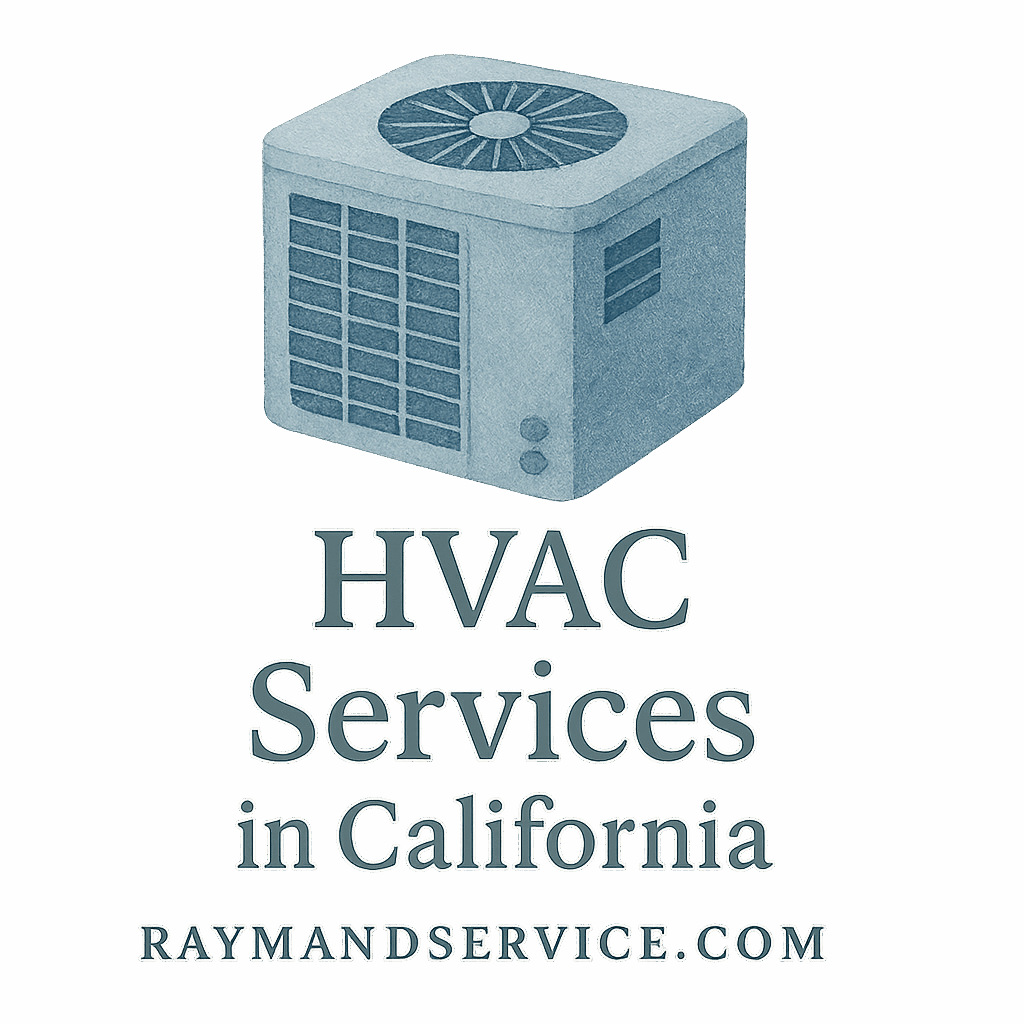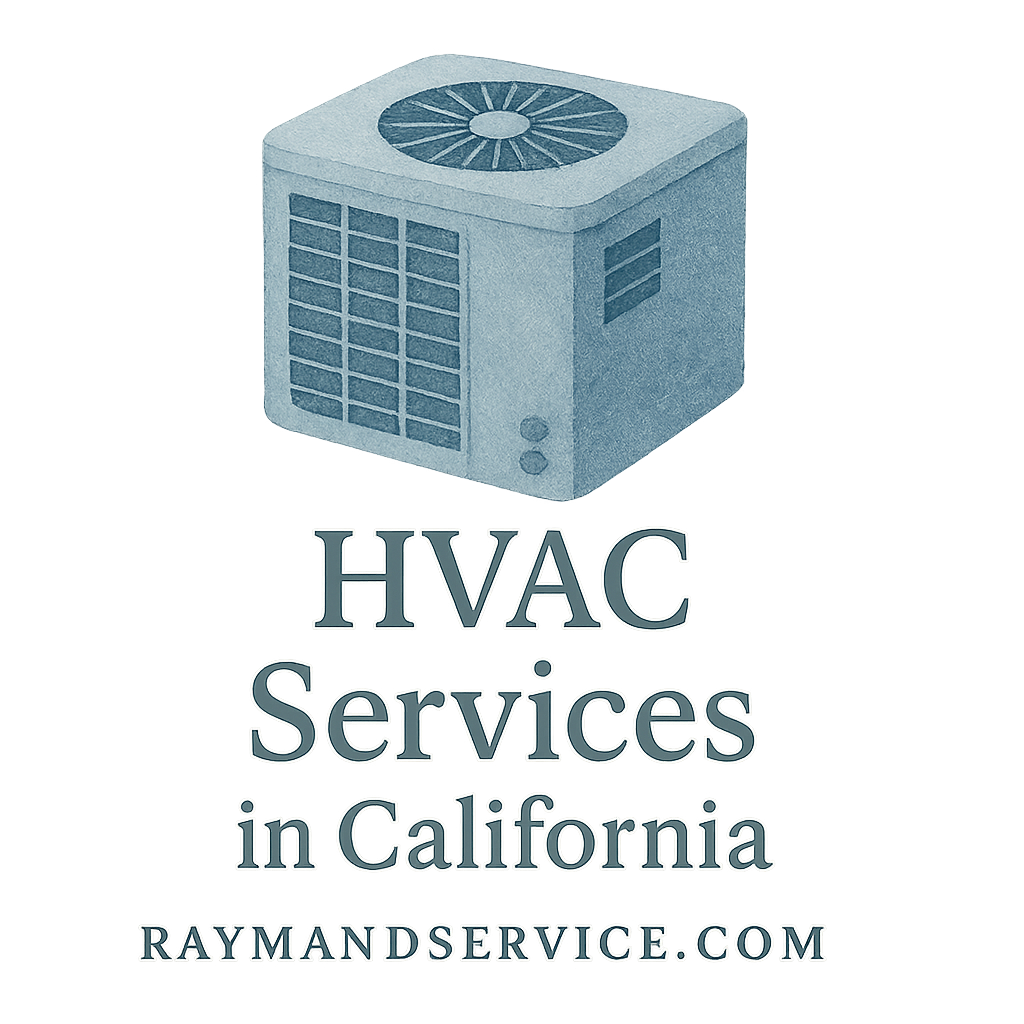When it comes to your comfort, health, and even utility bills, your HVAC system plays a massive role. Whether you’re installing a brand-new unit or scheduling a seasonal tune-up, partnering with the right HVAC service provider is crucial. But how do you separate the pros from the amateurs?
Simple. You ask the right questions.
In this guide, we’ll break down the 10 most important questions to ask any HVAC professional before hiring them. Plus, we’ll point you to some must-know resources to get the best HVAC service possible—whether it’s residential or commercial.
Why You Should Ask the Right Questions
Think of it like dating—you’re not just looking for anyone. You want someone who understands your needs, knows what they’re doing, and isn’t going to ghost you when you need a repair at midnight.
Asking the right questions helps:
- Avoid costly mistakes
- Get the best value
- Ensure your home stays comfortable year-round
Let’s dive into the top 10 questions!
Question 1: Are You Licensed, Insured, and Certified?
Why It Matters
Would you let an unlicensed doctor operate on you? Hopefully not. So why risk your home’s climate system with someone who’s not legally qualified?
A licensed and insured HVAC technician ensures that you’re protected if something goes wrong—like accidental damage or faulty installation.
What to Look For
- State HVAC license
- EPA certification
- Proof of liability and worker’s comp insurance
Don’t be shy—ask to see the paperwork!
Question 2: What HVAC Services Do You Offer?
Residential and Commercial Services
A good provider should handle both residential HVAC and commercial HVAC services. This tells you they have the versatility and expertise to tackle various system types and building sizes.
Maintenance and Emergency Repairs
Do they offer 24/7 emergency support? What about seasonal checkups like seasonal HVAC services in CA? These extras matter more than you think, especially during extreme weather swings.
Question 3: What Brands Do You Work With?
Brand Compatibility and Warranty Protection
Whether it’s Carrier, Trane, or Lennox, make sure your provider works with brands that match your current setup. Also, be aware that unauthorized work on a unit might void your warranty.
Pro Tip: Ask if they’re factory-authorized for specific brands.

Question 4: How Do You Handle HVAC Maintenance?
Importance of Regular Maintenance
Routine HVAC maintenance isn’t just a “nice to have”—it’s essential. It:
- Improves system efficiency
- Prolongs equipment lifespan
- Cuts down on costly repairs
You can learn more about HVAC maintenance & troubleshooting here.
Link to Seasonal and Maintenance Services
Ask if they provide annual service plans or one-off seasonal tune-ups. These align well with energy efficiency upgrades and can drastically reduce your utility bills.
Question 5: What Are the Signs I Need HVAC Repair or Replacement?
Common Warning Signs
Your system might be begging for help if you notice:
- Inconsistent airflow
- Strange smells or noises
- Rising energy bills
- Hot and cold spots
Explore these warning signs in depth.
Prevention Tips
Don’t wait for a total breakdown. Regular checkups catch problems early—saving your wallet and your sanity.
Question 6: Can You Perform Energy Efficiency Upgrades?
Benefits of Going Green
Upgrading to an energy-efficient system is like swapping a gas-guzzler for a Tesla. It’s better for the planet and your budget.
Check out these eco-friendly HVAC solutions and learn how your home or business can benefit from going green.
Long-Term Cost Savings
An efficient HVAC system can save up to 30% on your monthly energy bill. That’s like getting a raise without asking your boss.
Make sure to ask about:
- Smart thermostats
- Duct sealing
- High-efficiency units
Find out more about energy-saving upgrades.
Question 7: How Do You Improve Indoor Air Quality?
Filters, Ducts, and Ventilation Systems
Indoor air can be more polluted than outside. Yep, really.
Your HVAC provider should offer solutions like:
- HEPA filters
- UV light purification
- Duct cleaning and sealing
Allergy and Comfort Benefits
This is especially important if you or your family suffers from asthma or allergies. Breathe easier with quality air solutions.
Explore related topics on comfort and airflow.
Question 8: Do You Offer Written Estimates and Warranties?
Why Transparency Matters
If it’s not in writing, it might as well not exist.
A reputable HVAC service should provide:
- Itemized quotes
- Transparent pricing
- Workmanship guarantees
This helps avoid surprises and holds everyone accountable.
Question 9: What’s Your Experience with Local Climate Challenges?
Understanding California HVAC Needs
California has its own quirks—dry summers, wildfire seasons, coastal humidity. Your HVAC provider should understand these local factors to optimize your system year-round.
Need tailored seasonal solutions? Click here.
Learn more about California HVAC issues.
Question 10: Can I Read Reviews or Talk to Past Clients?
Reputation and Trust Factors
You wouldn’t eat at a restaurant with zero reviews, right?
Same logic here.
Check:
- Online reviews (Google, Yelp)
- Testimonials
- References
Bonus points if they’re highly rated for HVAC services and have a strong reputation for solutions.
Wrapping It All Up: Don’t Settle for Less
Choosing an HVAC service provider isn’t just a transaction—it’s a partnership for your comfort, your health, and your home’s efficiency.
By asking these 10 key questions, you’re setting yourself up for a better experience, fewer headaches, and possibly even a smaller carbon footprint.
Conclusion
Your HVAC system is one of the most important investments in your home or business. So don’t treat it like an afterthought. Be proactive. Be informed. And most importantly—choose an HVAC provider who knows their stuff and proves it.
Whether you’re looking for sustainability, regular maintenance, or just want to avoid the most common problems, the right provider makes all the difference.
Get started with the pros at Raymand Service—your one-stop shop for quality, trusted, and eco-conscious HVAC services.
FAQs
1. How often should I service my HVAC system?
Twice a year—ideally before summer and winter. Learn more about seasonal HVAC care.
2. What does SEER rating mean?
SEER stands for Seasonal Energy Efficiency Ratio. Higher SEER = better energy savings.
3. Are ductless mini-splits worth it?
Yes! They offer flexible comfort, especially in homes without existing ductwork.
4. What size HVAC system do I need?
It depends on your home’s square footage and insulation. A pro can perform a load calculation.
5. How can I make my HVAC more energy-efficient?
Try energy efficiency upgrades like smart thermostats and high-efficiency filters.
6. Can HVAC problems affect my health?
Absolutely. Poor air quality can trigger allergies and respiratory issues. Check out comfort-related content.
7. What’s the best time of year to replace an HVAC system?
Spring or fall, when HVAC companies are less busy and offer better deals.


